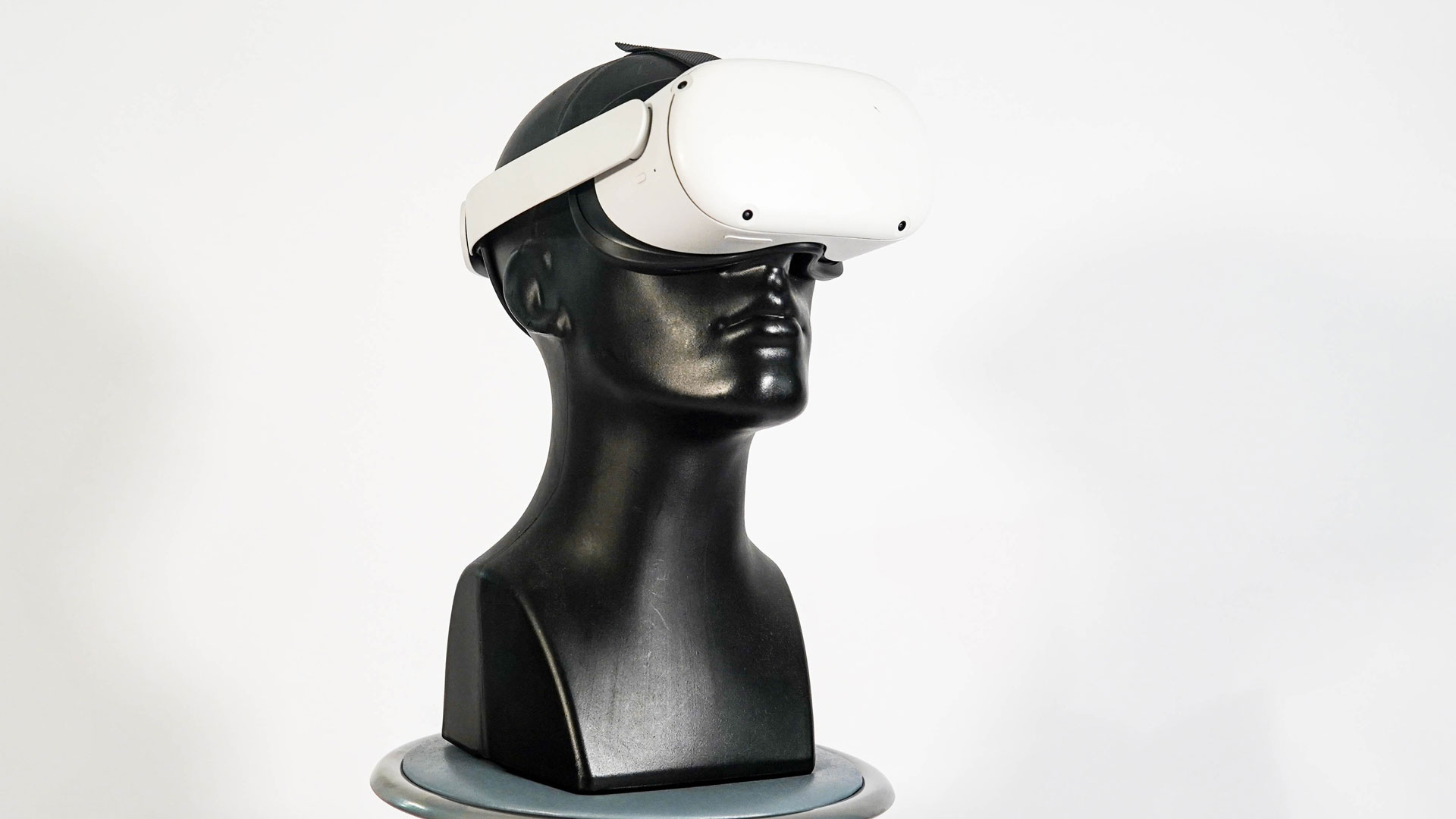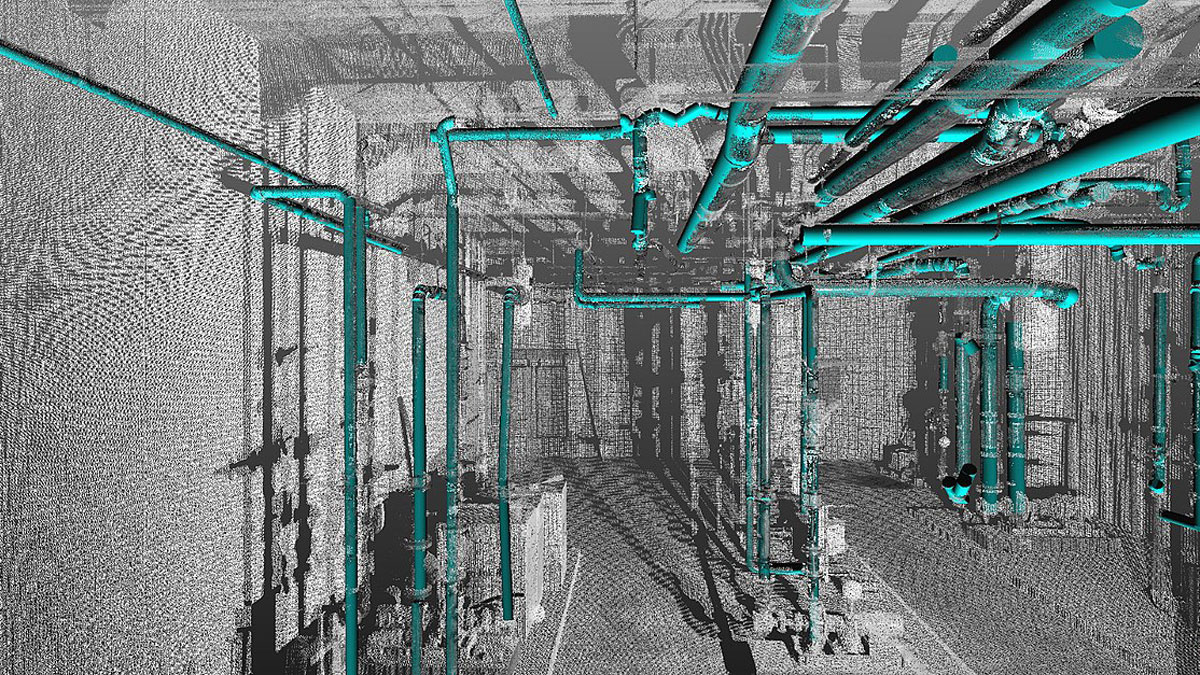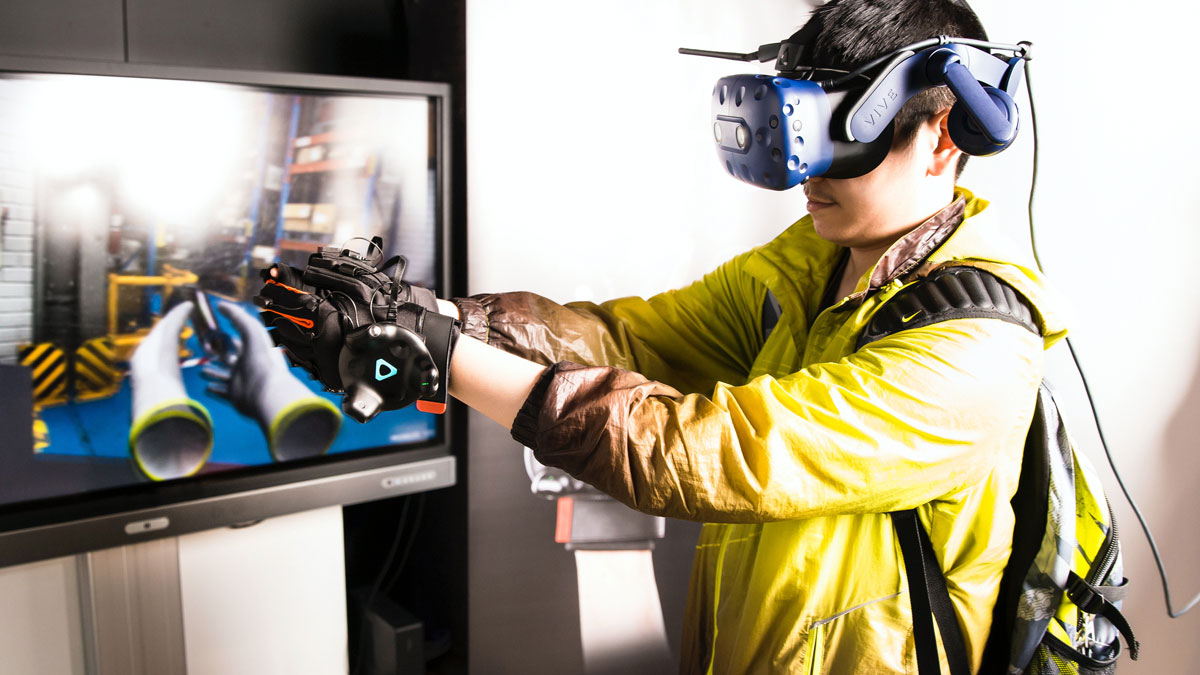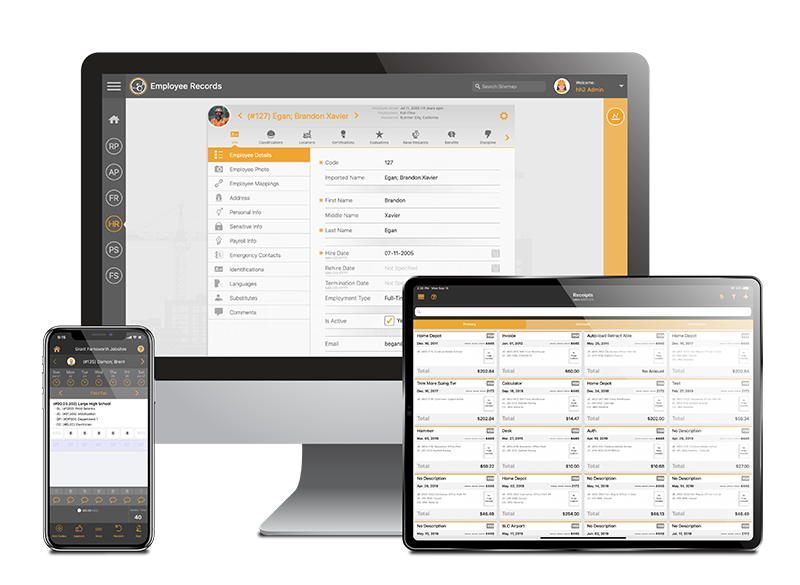The construction industry is undergoing a significant transformation with the integration of emerging technologies. Innovation is revolutionizing construction processes. Virtual reality (VR) and building information modeling (BIM) are two examples. These technologies are improving efficiency and enhancing project outcomes.
In this blog, we will explore five cutting-edge construction technologies that are reshaping the industry and driving digital transformation in 2023.

1. Virtual Reality (VR)
Virtual reality is no longer limited to the gaming world; it has found its way into the construction industry, transforming the way projects are planned and executed. By creating immersive virtual environments, VR allows construction professionals to visualize designs before they are built. It enables stakeholders to experience a project more immersive and realistically. This makes it simpler to detect potential problems and to make wise decisions.
VR technology utilizes computer-generated 3D models and interactive simulations to provide a virtual walkthrough of a construction project. Architects, engineers, and clients can virtually explore the building’s layout, aesthetics, and spatial relationships. This level of immersive visualization helps to identify design flaws, validate construction plans, and improve communication among project stakeholders.
Moreover, VR technology supports the integration of real-world data, such as environmental conditions and material properties, into the virtual environment. Architects and engineers can assess how the project will perform in different situations. This ensures resources are used effectively and risks are minimized.

2. Building Information Modeling (BIM) Software for Streamlined Processes
Building Information Modeling (BIM) software has become an essential tool for construction companies. BIM goes beyond traditional 2D drawings by creating intelligent 3D models that encompass valuable data related to the project’s entire lifecycle. It enables efficient collaboration, coordination, and visualization of construction projects.
BIM software integrates data from various disciplines, including architecture, engineering, and construction, into a central model. This shared repository of information allows real-time communication and collaboration among project stakeholders. Design changes and updates are automatically reflected across the model, ensuring consistency and accuracy throughout the project.
The collaborative nature of BIM data enhances project coordination, reduces rework, and optimizes construction schedules. It allows architects, engineers, and construction managers to detect any issues early in the design phase. This helps to avoid expensive mistakes when building. BIM’s ability to simulate construction sequences and visualize the project at different stages assists in planning and resource allocation.

3. Augmented Reality (AR) for Real-Time Data Overlay
Augmented Reality (AR) is another emerging technology that is making waves in the construction industry. Unlike VR, which creates virtual environments, AR overlays digital information in the real world. This enables construction professionals to view virtual objects and data in real-time.
AR enhances on-site productivity by providing workers with contextual information directly in their field of vision. Construction workers can use AR-enabled devices, such as smart glasses or tablets, to access important data. This includes equipment specifications, safety guidelines, and design plans. There is no need to refer to physical documents or different devices.
AR also facilitates remote collaboration, allowing experts to guide on-site workers through complex tasks using live video feeds and annotations. This capability reduces errors, enhances efficiency, and improves the overall quality of work.
AR-based training programs provide an interactive and immersive learning experience. It is a more effective way of learning as it makes it easier for workers to acquire new skills.

4. IoT and Real-Time Data for Smarter Construction Sites
The Internet of Things (IoT) has brought a new level of connectivity to construction sites. Construction companies can use sensors and devices to gather data in real time. This data can provide insight into various aspects of a project, including equipment performance, material usage, and worker safety.
IoT technology enables the collection and analysis of vast amounts of data, empowering construction managers to make data-driven decisions. For example, sensors embedded in heavy equipment can monitor parameters like fuel consumption, engine performance, and maintenance requirements. Data can be analyzed to optimize equipment usage. Scheduling maintenance activities can reduce downtime, resulting in cost savings and increased productivity.
Real-time data from IoT devices also enhances worker safety on construction sites. Wearable devices equipped with sensors can monitor vital signs, detect potential hazards, and provide immediate alerts in case of emergencies. This proactive approach to safety ensures a safer working environment for construction workers.
Furthermore, IoT technology enables the tracking and management of construction materials and assets. Construction companies can monitor the location, quantity, and condition of materials using RFID tags or GPS tracking. This helps ensure timely delivery and minimize wastage. This level of visibility helps streamline supply chain management and project scheduling.

5. Mobile Devices for On-the-Go Project Management
Mobile devices have become indispensable tools for construction professionals, enabling them to access project information and communicate while on the go. Construction apps and software allow for efficient project management, document sharing, and communication among team members.
Field workers can access project documents from their mobile devices. This eliminates the need to carry physical copies and also reduces the risk of miscommunication. They can submit progress reports, capture and share photos, and communicate with team members in real-time. This seamless flow of information enhances collaboration and decision-making, leading to improved project outcomes.
Mobile technology also facilitates real-time updates and notifications. Project managers can stay informed about the progress of construction projects, receive alerts about delays or issues, and respond promptly to any changes. This agility and responsiveness help keep projects on track and within budget.
In addition, mobile devices enable access to cloud-based platforms, where project data and communication can be centralized. This accessibility promotes transparency and allows stakeholders to stay connected irrespective of their physical location. It facilitates seamless collaboration between construction companies, subcontractors, general contractors, and clients, fostering stronger relationships and improving project outcomes.
See how you can make construction mobile with hh2 Cloud Services
Discover More Construction Innovations
The construction industry is embracing digital transformation through the adoption of technology trends. Virtual reality, BIM software, augmented reality, IoT, and mobile devices are revolutionizing construction processes, improving productivity, and enhancing project outcomes. Construction companies can unlock the full potential of digital technology by using a range of tools.
As technological advancements continue to shape the industry, it is crucial for construction professionals to stay abreast of the latest trends and innovations. Embrace the construction tech revolution and position your company at the forefront of innovation in the ever-evolving world of construction.
